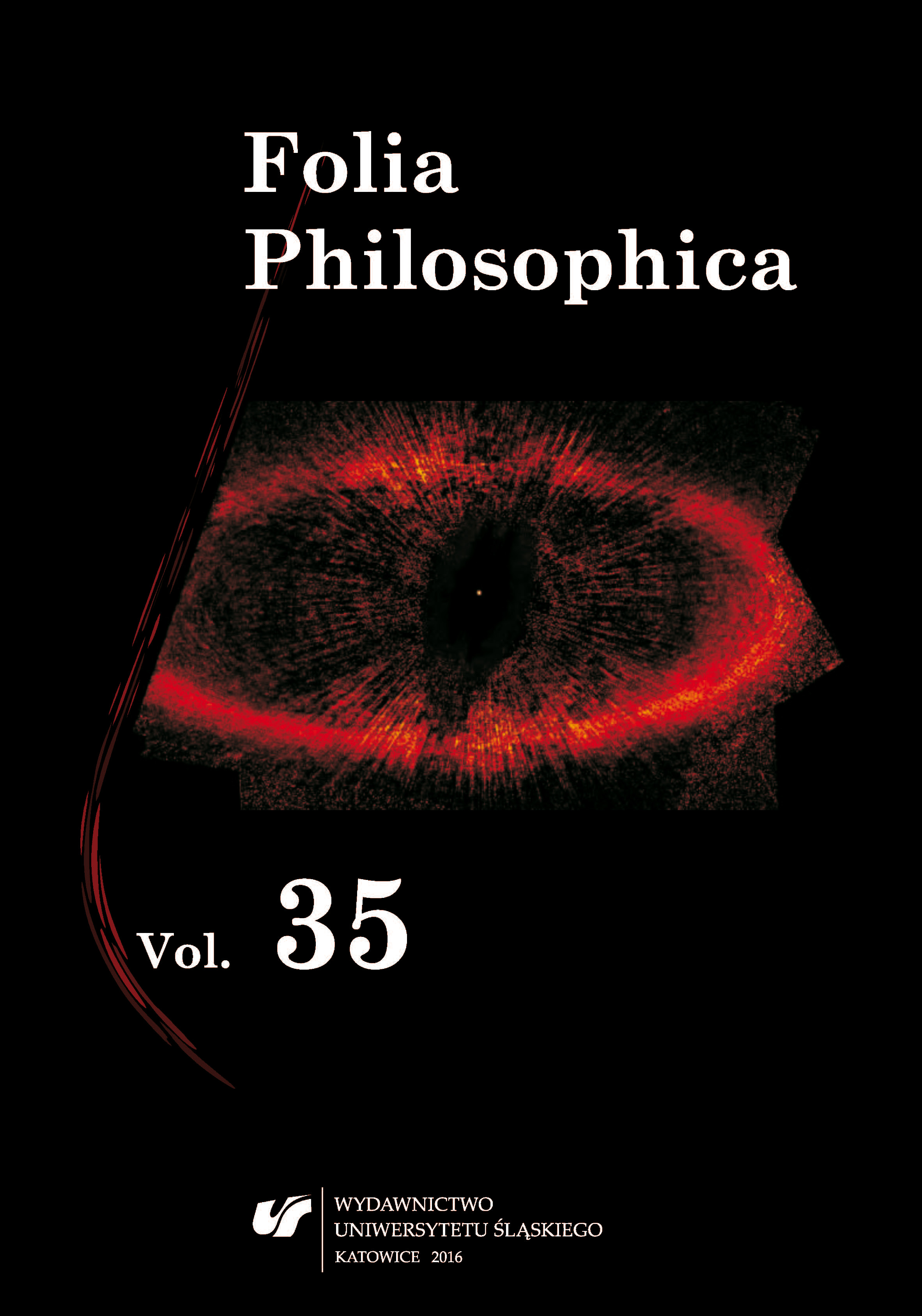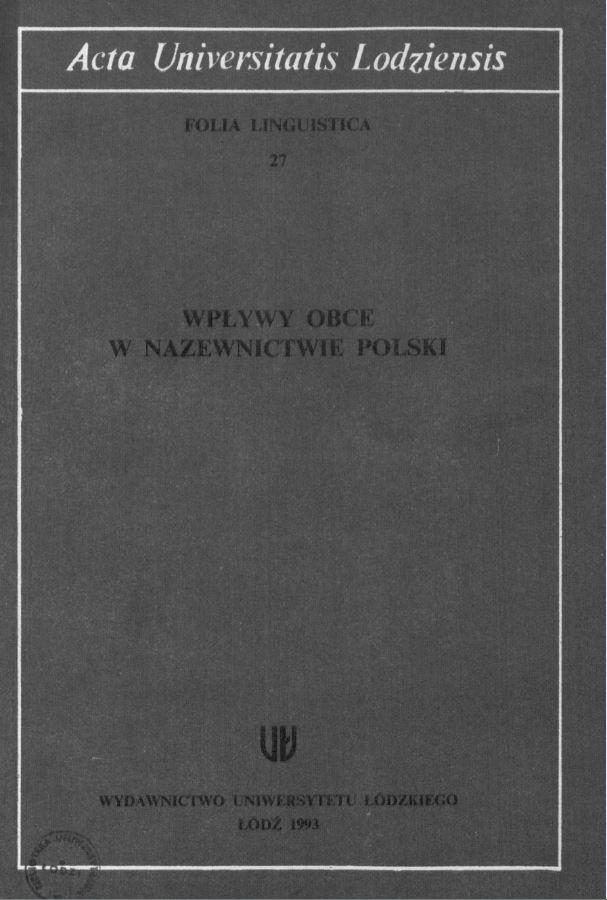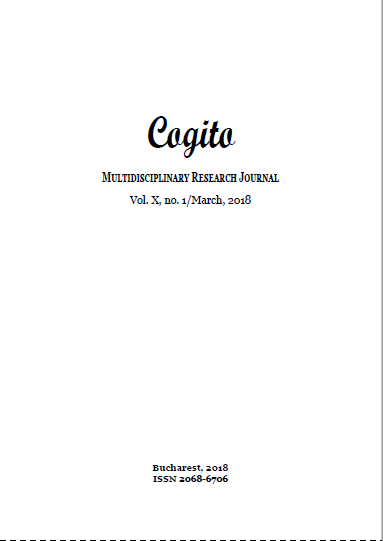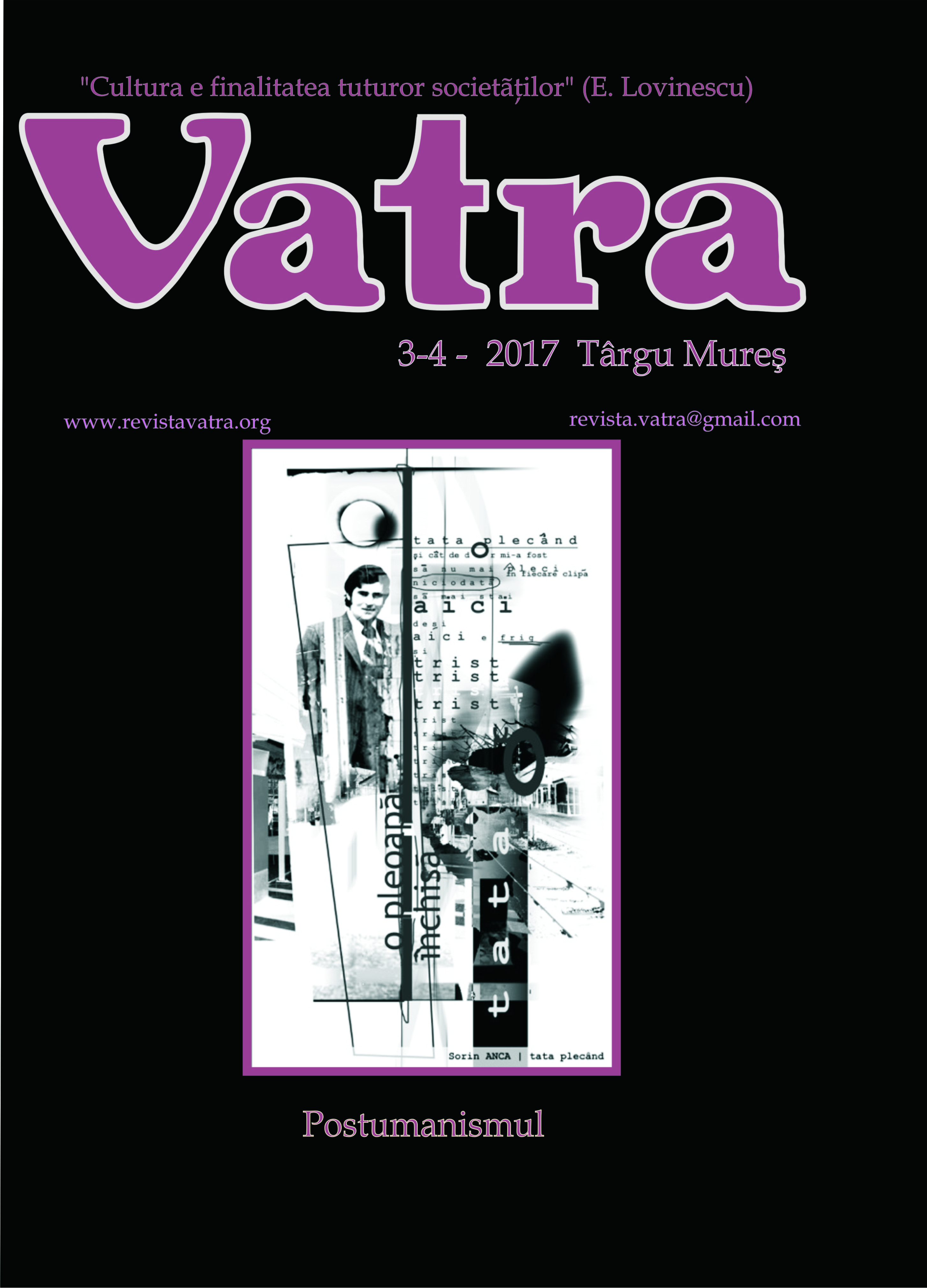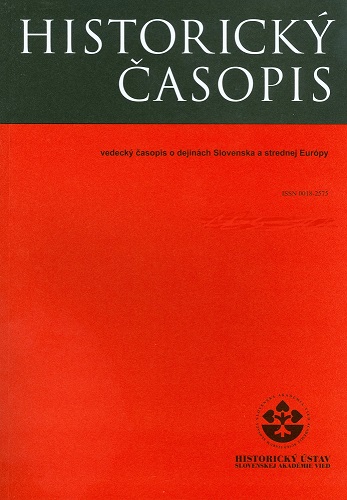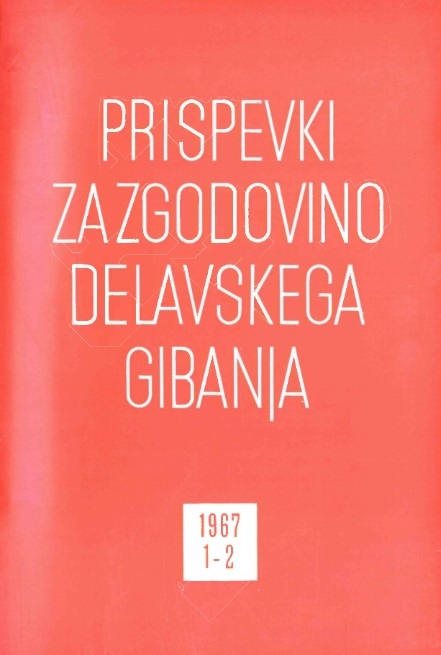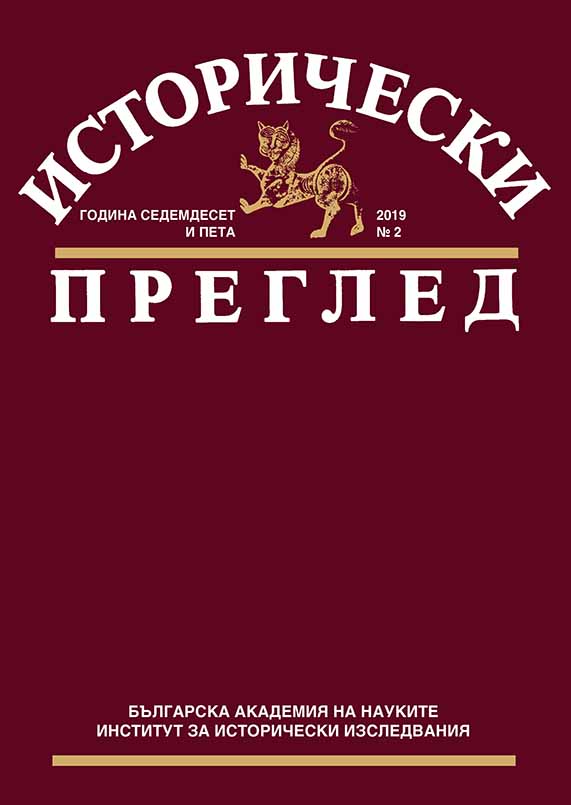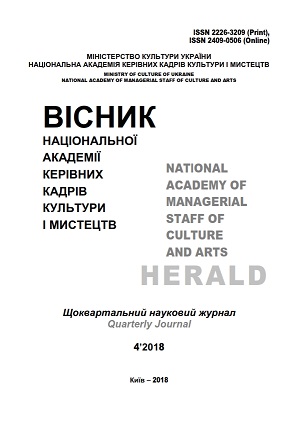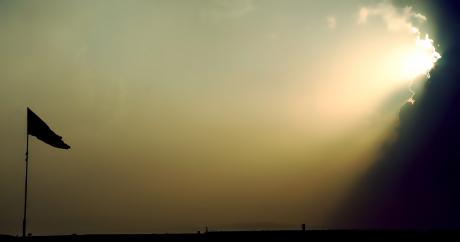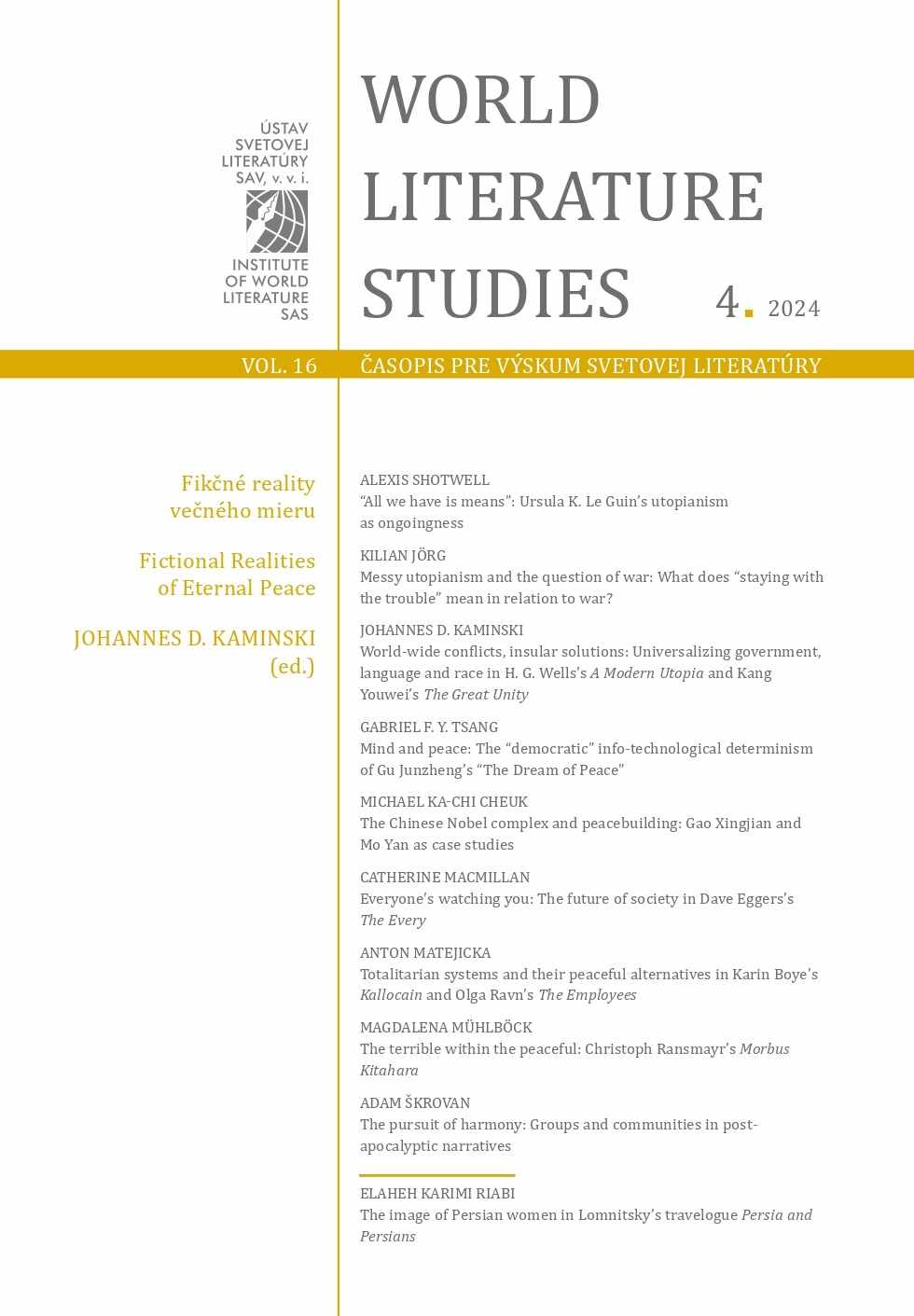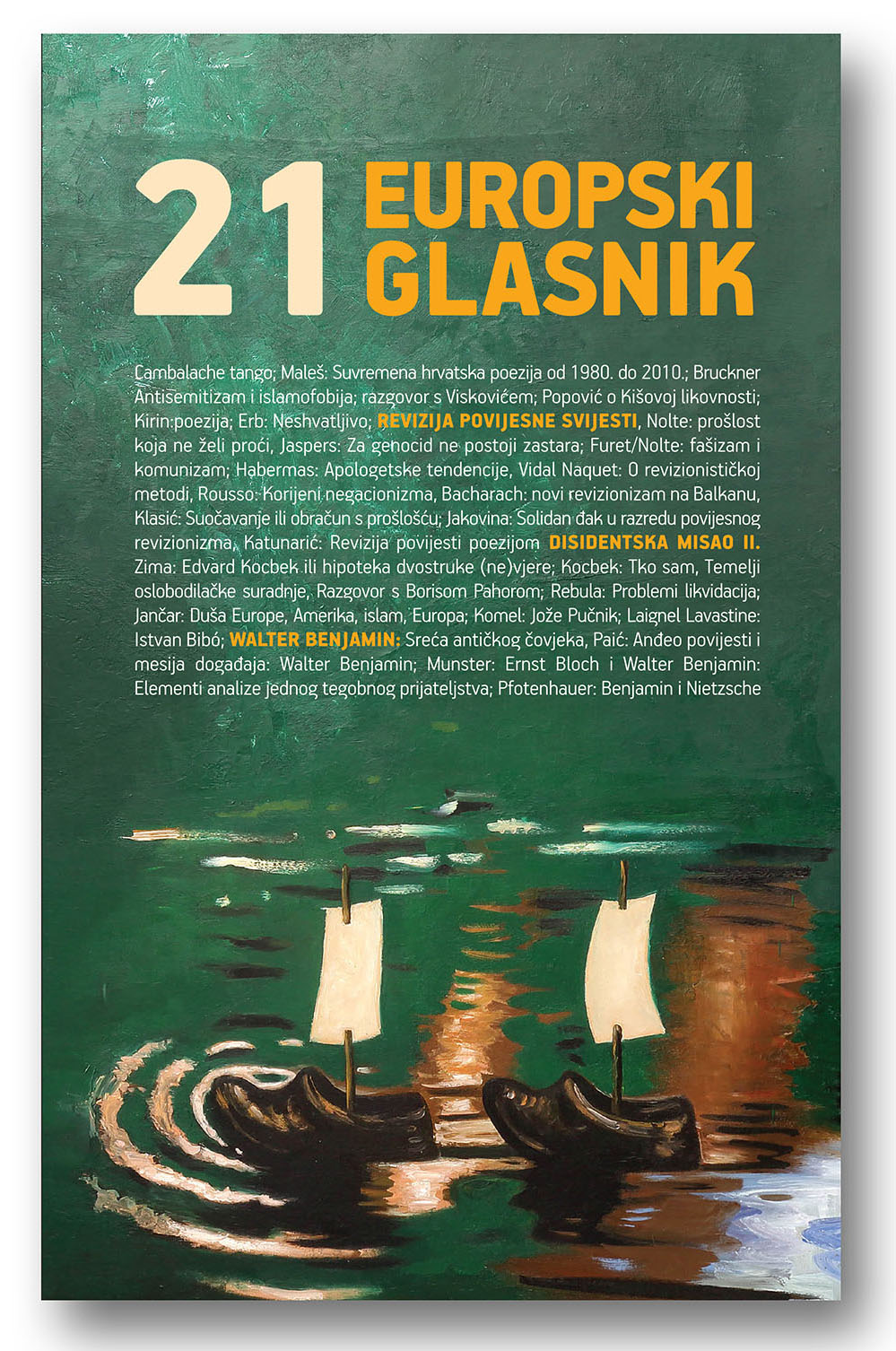
Ogledi
Post-antički čovjek zna možda samo za jedan duševni ustroj u kojem svoj unutarnji svijet u punoj veličini i posvemašnjoj čistoći postavlja u odnos prema cjelini prirode, kozmosa, naime bol. Sentimentalni čovjek, kako ga imenuje Schiller, može ostvariti približno čist i velik, što znači približno naivan osjećaj sebe samog samo po visoku cijenu da svoje cijelo unutarnje biće organizira kao jedinstvo odvojeno od prirode.
More...
